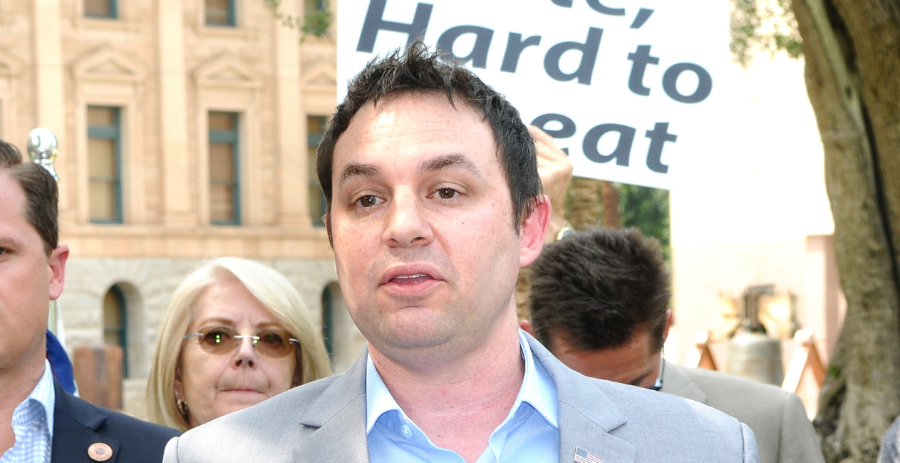Arizona Free Enterprise Club
Ballot Measure Aims to Reshape Citizen Initiatives Before Election

A proposed ballot measure in Arizona could significantly alter the legal landscape surrounding voter initiatives. If passed in November, Proposition 136 would allow pre-election legal challenges regarding the constitutionality of these initiatives, a shift from current practices.
Under existing laws, courts can only address procedural issues—like single subject violations or signature compliance—prior to an election. Substantive constitutional assessments are postponed until after voters have made their decisions, a norm backed by decades of court rulings.
Introduced by the Arizona Legislature, Proposition 136 aims to streamline the legal process during the signature gathering phase, enabling courts to assess the constitutionality of ballot initiatives before they are voted on. Proponents argue this could save resources and assure voters that what appears on the ballot complies with constitutional standards.
However, critics warn that this measure could result in rising litigation costs, potentially discouraging grassroots efforts by imposing simultaneous legal battles and signature collection. According to the legislation, challenges would be permitted at least 100 days before an election.
Senator J.D. Mesnard, who sponsored the measure, highlighted the current process’s inefficiencies. He remarked that the existing trajectory often leads to disappointing outcomes following extensive campaigns and expenditures to promote initiatives, only to find them unconstitutional later.
Mesnard noted, “If I were them, I’d rather know earlier in the effort that this thing is going to go south.” Lobbyist Greg Blackie supported this viewpoint, asserting that voters deserve assurance that measures on their ballot are constitutionally sound.
Legal history demonstrates that courts in Arizona have consistently refrained from intervening in substantive constitutional matters before elections. A pivotal 2006 ruling established that allowing such pre-election challenges would disrupt the legislative process. The Arizona Supreme Court, in League of Arizona Cities and Towns v. Brewer, emphasized that courts cannot review initiatives based on their substantive validity before they are adopted.
The legal precedent traces back to earlier landmark cases, underlining the judiciary’s reluctance to act on initiatives until after the electorate has voted. This practice allows proponents of citizen initiatives to effectively prepare for potential legal challenges and budget accordingly.
However, some argue that introducing earlier challenges through Proposition 136 would burden campaigns even further. Stacy Pearson, a political consultant with experience in citizen initiatives, cautioned that increased legal expenses could detract from campaign communication efforts, highlighting the trade-off between legal preparedness and voter outreach.
Pearson expressed concerns that this measure could privilege well-funded interests over grassroots movements. She stated, “It just makes it more expensive. This doesn’t provide better protection to the voters of Arizona. It makes sure that special interests are the only ones that have the funding available to use direct democracy.”
As the November election approaches, the implications of Proposition 136 remain hotly debated. The outcome may either reinforce or fundamentally reshape how Arizonans engage with voter initiatives and their constitutional scrutiny.


















